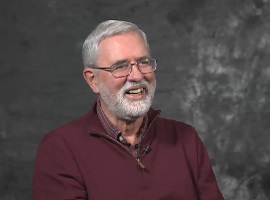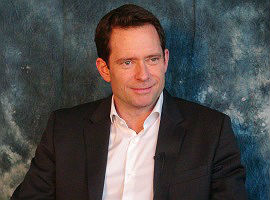InfoQ Homepage Google Go Content on InfoQ
Interviews
RSS Feed-
Rick Hudson on Garbage Collection in Go
Rick Hudson talks to Charles Humble about the evolution of Go’s garbage collector, comparing 1.5 to the forthcoming 1.6 release, and also touching on plans for 1.7.

-
Derek Collison on Apcera Continuum
Cloud Foundry creator Derek Collison talks about building the next generation of PaaS with his Continuum product at Apcera, and how Go was chosen as the core language for its development. He also talks about his earlier career at Tibco, Google and VMware, and the role of messaging systems like AMQP and MQTT.

-
Orion Henry on Heroku, Doozer and Paxos, Ruby
Orion Henry explains what make Heroku's PaaS tick, in particular the new extensible Cedar stack as well as Doozer, the implementation of the Paxos algorithm created at Heroku.

-
Erlang Inventors Talk Language Future
In this interview Joe Armstrong and Robert Virding, co-inventors of the Erlang language, talk about the future of the language, including its use in web programming, its ability to scale and more. The duo also discuss Erlang support for NoSQL databases, running the language on the Java Virtual Machine (JVM) and comparisons with other languages such as Google’s Go.

-
Rob Pike on Google Go: Concurrency, Type System, Memory Management and GC
Rob Pike discusses Google Go: OOP programming without classes, Go interfaces, Concurrency with Goroutines and Channels, and the Go features that help keep GC pauses short.

-
Rob Pike on Parallelism and Concurrency in Programming Languages
Rob Pike discusses concurrency in programming languages: CSP, channels, the role of coroutines, Plan 9, MapReduce and Sawzall, processes vs threads in Unix, and more programming language history.

-
Martin Odersky on the Future of Scala
In this interview Martin Odersky, the creator of the Scala language talks about work on the next version of Scala and how the functionalities in the JVM help make Scala better. Odersky touches on how some of the most popular entities on the web, such as Twitter and LinkedIn use Scala. And he discusses the complexity of the language and its role as a functional and object-oriented language.
